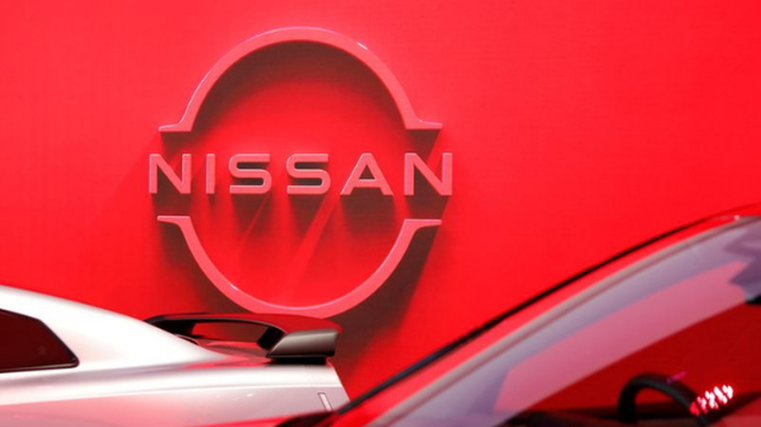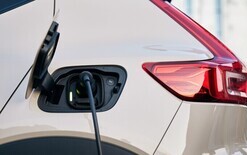Nissan shuts Chinese factory

Nissan Motor Company has closed a passenger car plant in Changzhou in China’s Jiangsu province in a bid to cut its production capacity in the country.
The closure has come amid the rapid spread of electric vehicles (EVs) in China, which has led to serious sales slumps for Japanese marques, which are known for their strength in petrol vehicles.
The Changzhou plant was a comparatively new factory, which started operating in November 2020. It was operated as a joint venture between Nissan and state-owned Chinese carmaker Dongfeng Motor.
According to Nissan, the plant manufactured about 130,000 vehicles annually, representing about 10 per cent of its total production in China. It plans to continue the production of an SUV that had been assembled in Changzhou at a separate factory.
In 2023, Nissan saw its new-car sales in China drop 16.1 per cent from the previous year. The downward trend persisted after the turn of the year, with sales from January to May 2024 falling by one per cent compared to the same period in 2023.
The Changzhou plant is the smallest of Nissan’s eight factories in the country but the most advanced. It follows last month’s move by Honda to scale back production there, while last year Mitsubishi exited vehicle production in China.
Xiaomi’s entry into the EV market caused a stir and it recently raised the sales target this year for its SU7 vehicle – with a design inspired by the Porsche Taycan – from 100,000 to 120,000.
Manufacturing overcapacity, price wars and new entrants are reshaping the domestic Chinese vehicle market, which is also developing rapidly in terms of design – both external styling and internal configuration, including driver assistance and entertainment systems.
China leads the world in EV production and, even with a huge domestic market, local marques are looking to expand overseas where they are posing a serious challenge to legacy western brands, which are moving more slowly in the EV market.





